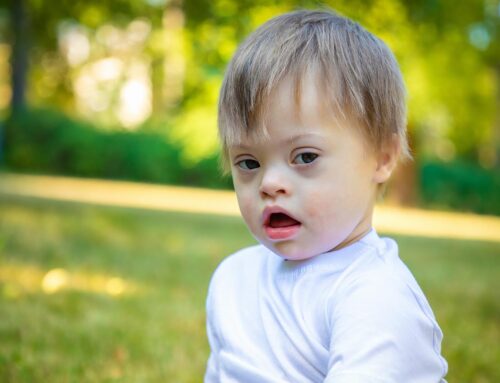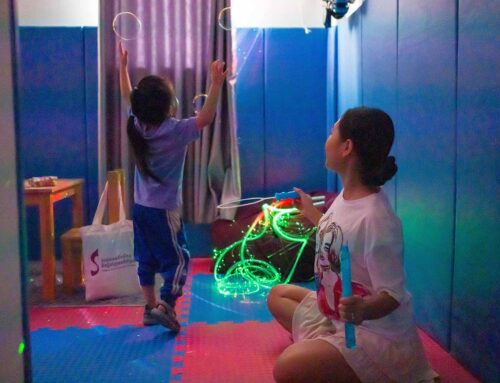Nonverbal autism is a term used to describe people with autism spectrum disorder (ASD) who do not communicate using spoken language. This can include people who do not speak at all, as well as those who use a variety of alternative communication methods, such as sign language, picture boards, or assistive technology devices.
Nonverbal autism is a spectrum, meaning that people with nonverbal autism can have a wide range of abilities and challenges. Some people with nonverbal autism may be able to communicate effectively using alternative methods, while others may have more difficulty communicating. Some people with nonverbal autism may also have other challenges, such as sensory processing difficulties, intellectual disabilities, or behavioral problems.
It is important to note that nonverbal autism is not a separate diagnosis from ASD. Rather, it is a way of describing the communication challenges that some people with ASD experience.
Communication and social interaction
One of the biggest challenges for people with nonverbal autism is communicating with others. Without spoken language, it can be difficult to express thoughts, feelings, and needs. This can lead to frustration and isolation.
People with nonverbal autism may use a variety of alternative communication methods to communicate with others. Some people use sign language, while others use picture boards, assistive technology devices, or gestures. It is important to be patient and understanding when communicating with someone with nonverbal autism, and to give them the time they need to express themselves.
In addition to communication challenges, people with nonverbal autism may also have difficulty with social interaction. This is because social interaction often relies on verbal communication. People with nonverbal autism may have difficulty understanding social cues, and they may be uncomfortable in social situations.
It is important to provide people with nonverbal autism with opportunities to socialize and interact with others in a supportive environment. This can help them to develop social skills and make friends.
Sensory processing
Another common challenge for people with nonverbal autism is sensory processing difficulties. This means that they have difficulty processing sensory information, such as sights, sounds, smells, tastes, and textures. This can lead to sensory overload and meltdowns.
It is important to be aware of the sensory needs of people with nonverbal autism and to create an environment that is comfortable for them. This may involve avoiding loud noises or bright lights, and providing opportunities for quiet time and relaxation.
Behavior
Some people with nonverbal autism may also have behavioral problems. This can be due to a variety of factors, such as frustration, anxiety, or sensory overload. It is important to be patient and understanding when dealing with behavioral problems, and to develop positive behavior support strategies.
Treatment
There is no one-size-fits-all treatment for nonverbal autism. Treatment will vary depending on the individual’s needs and challenges. However, some common treatment approaches include:
- Speech therapy: Speech therapy can help people with nonverbal autism to develop communication skills. This may involve teaching them sign language, how to use picture boards, or how to use assistive technology devices.
- Occupational therapy: Occupational therapy can help people with nonverbal autism to develop sensory processing skills and to learn how to manage their environment.
- Applied behavior analysis (ABA): ABA is a type of therapy that focuses on teaching new skills and reducing negative behaviors. ABA can be used to help people with nonverbal autism to develop communication skills, social skills, and self-care skills.
In addition to these specific treatments, it is also important to provide people with nonverbal autism with a supportive environment. This may include providing them with access to special education services, social skills groups, and other resources.
Unique perspective
People with nonverbal autism have a unique perspective on the world. They see the world in a way that is different from people who communicate using spoken language. This can be a great asset, as it can lead to new ideas and ways of thinking.
It is important to celebrate the unique strengths and abilities of people with nonverbal autism. With the right support, people with nonverbal autism can thrive and live fulfilling lives.





Leave A Comment